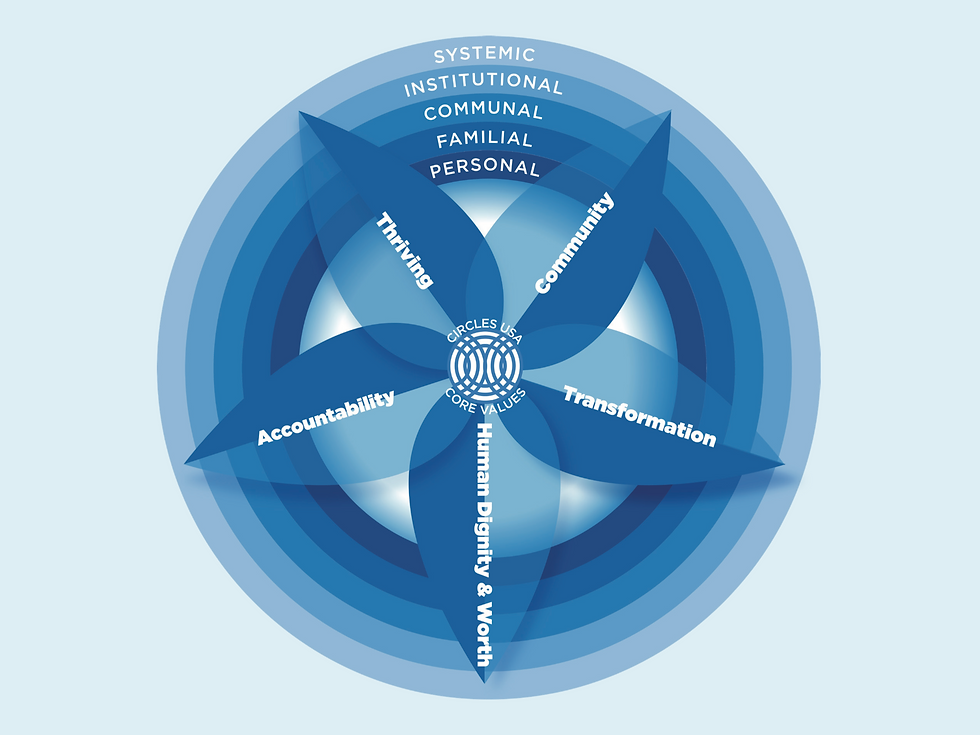A Comprehensive Approach to Poverty
- Sep 14, 2020
- 2 min read
Updated: Oct 6, 2024

Our nation’s economy was designed by settlers who came from countries with economic systems that included plutocracies, castes, feudal systems, and slavery. They all had in common a belief that a few deserve to be wealthy and that almost everyone else should be poor.
In the United States today, 30% of our citizens live in poverty or near poverty levels. We need to change our economic system. Poverty is abusive and Americans must see it as intolerable and unnecessary. That some should be extremely wealthy while others are extremely poor remains an indefensible result of the norms we inherited from our mixed heritages.
My wife, Jan, was in line at Walgreens recently, and the woman ahead of her was told her bill for a 90-day supply of medicine would be $500. She obviously did not have insurance, which means she was much less able to take care of herself than somebody who could afford insurance. This country’s hardened attitude and myopic bent to reward the winners and kick the losers in our economy are morally corrupt. All of this has to change.
A recent proposal to slash the safety net by $1.7 trillion before increasing jobs and addressing the systemic problems causing poverty will only delay solutions and increase poverty and suffering.
We need a comprehensive plan that includes:
adopting state-of-the-art economic development practices so that communities can adjust to new economic realities and develop better-paying jobs;
investing more heavily in both soft skills and hard skills so that people can find new work as their previous jobs become automated or outsourced;
updating our educational approaches so that children have the critical thinking skills to adapt to the rapidly changing economy;
pro-rating the safety net programs so that when people do earn more money, they are not worse off for doing so; and,
increasing investments in mental health and drug abuse treatment to help more people address these barriers to entering the workforce.
Poverty is complicated, and numerous other local, state and national strategies must be deployed in concert to reduce poverty rates. Even with all of the best ideas, the current economy might be inadequate and require massive changes in order to reduce poverty rates. At this moment in time, slashing the safety net in hopes that it will stimulate the economy and reduce poverty rates on its own will not work. That would be akin to burning down the hospital because there is an epidemic. Let’s focus on solutions that address the complexity of poverty.
From the book: Enough Money, Meaning & Friends ~ By Scott C. Miller
To learn more about Scott Miller, please see his website here.





Comments